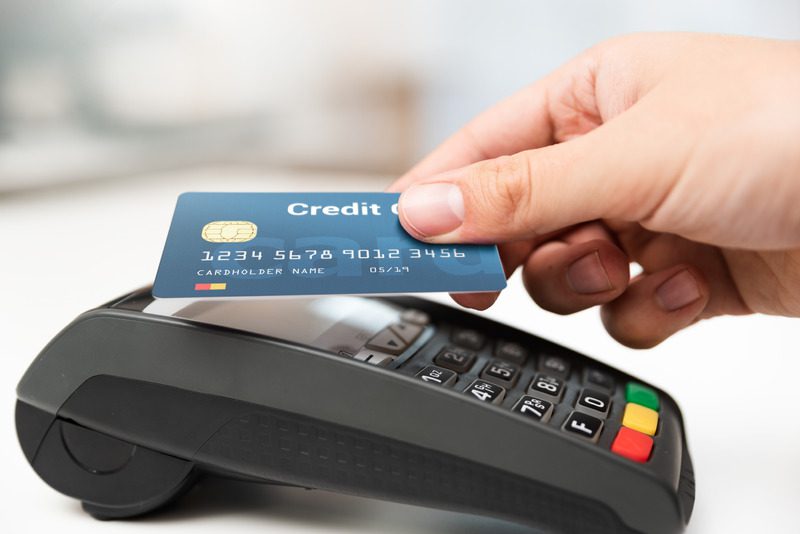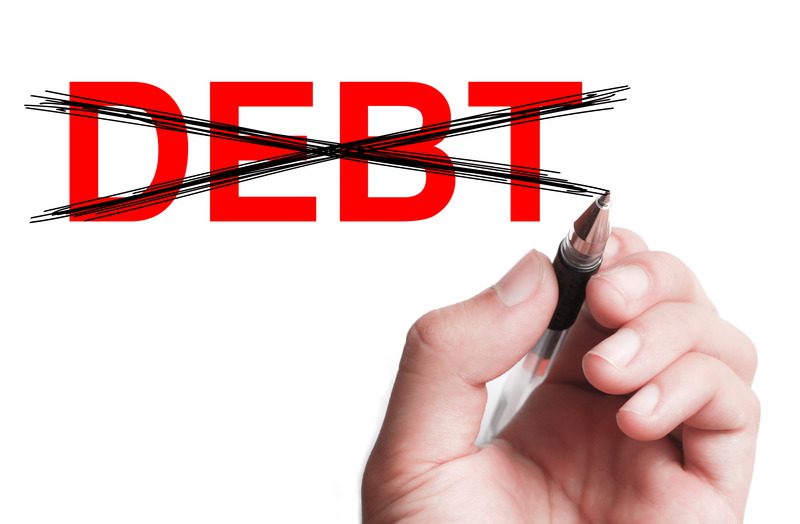
Nowadays, credit cards are more than just a convenience; they are a necessity. From booking flights to shopping online, having a credit card can simplify transactions and offer a layer of security that cash or debit cards can't provide. However, with great power comes great responsibility. Mismanaging your credit card can lead to debt, high-interest rates, and a negative impact on your credit score. This guide will walk you through the best practices on how to use a credit card responsibly, ensuring you reap the benefits while avoiding the pitfalls.
Before diving into the tips on how to use a credit card responsibly, it’s essential to understand what a credit card is and how it works. A credit card is a financial tool issued by a bank or credit union that allows you to borrow money up to a certain limit. You can use this borrowed money to make purchases, which you will then repay with interest if not paid in full by the due date.
Using a credit card responsibly has several benefits:
ALSO READ: How to Fix My Credit Score: A Comprehensive Guide for Beginners
One of the first steps in using a credit card responsibly is understanding your credit limit. This is the maximum amount you can borrow. Staying well below this limit is crucial to avoid over-limit fees and to maintain a good credit utilization ratio, which impacts your credit score. A good rule of thumb is to keep your credit utilization below 30% of your total credit limit.
To avoid interest charges and build a healthy credit history, aim to pay off your balance in full each month. This practice demonstrates to lenders that you are responsible and can manage your credit effectively. If you carry a balance from month to month, you’ll incur interest charges that can quickly add up and lead to debt.
Late payments can severely damage your credit score and result in late fees. Set up automatic payments or reminders to ensure you never miss a due date. Consistently making on-time payments is one of the most critical factors in maintaining a good credit score.
Regularly reviewing your credit card statements helps you keep track of your spending and spot any unauthorized transactions. It also ensures that you are aware of how much you owe, helping you budget accordingly. Most credit card companies offer online account management tools that make monitoring your account easy.

Only use your credit card for purchases you can afford to pay off. It’s tempting to use your credit card for large purchases, but this can lead to unnecessary debt. If you find yourself using your credit card to make ends meet, it may be time to reevaluate your budget and spending habits.
Many credit cards offer rewards such as cashback, travel points, or other incentives. While these rewards can be beneficial, it’s essential to use them wisely. Don’t overspend just to earn rewards. Instead, incorporate your rewards card into your regular spending habits and pay off the balance each month to avoid interest charges.
Before using your credit card, familiarize yourself with the fees and interest rates associated with it. This includes annual fees, foreign transaction fees, and the annual percentage rate (APR). Understanding these charges can help you avoid unnecessary costs and use your card more efficiently.
Creating a budget is crucial for managing your finances, including your credit card spending. Set a monthly spending limit for your credit card and stick to it. This will help you avoid overspending and ensure you can pay off your balance in full each month.
Most credit card issuers offer alerts and notifications that can help you manage your account. These can include reminders for payment due dates, notifications for large transactions, or alerts when you reach a certain spending limit. Utilizing these tools can help you stay on top of your credit card usage.
Regularly checking your credit score is an essential part of responsible credit card use. Many credit card issuers offer free credit score monitoring as a perk. Monitoring your score can help you understand how your credit card usage impacts your overall credit health and alert you to any potential issues.
While it’s beneficial to have a credit card, having too many can make it challenging to manage your finances. Multiple cards can lead to higher spending and make it harder to keep track of payment due dates. It’s generally a good idea to limit yourself to a few credit cards that best meet your needs.
Knowing how credit scores are calculated can help you use your credit card more responsibly. The major factors that influence your credit score include payment history, credit utilization, length of credit history, new credit inquiries, and the types of credit you have. By understanding these factors, you can make informed decisions about how to use your credit card.
Credit cards can be a useful tool during emergencies, but it’s important to use them wisely. If you need to use your credit card for an unexpected expense, make a plan to pay off the balance as quickly as possible. Avoid relying on credit cards as your primary source of emergency funds. Instead, build an emergency savings fund to cover unexpected expenses.
Closing old credit accounts can negatively impact your credit score by reducing your available credit and shortening your credit history. If you no longer want to use a particular card, consider keeping the account open and using it occasionally to maintain its positive impact on your credit score.
Balance transfer offers can be tempting, especially if you have high-interest debt. However, it’s important to understand the terms and fees associated with balance transfers. Some offers come with high transfer fees or increased interest rates after an introductory period. Make sure the balance transfer will save you money in the long run before committing.
Using your credit card for cash advances can be costly. Cash advances often come with high fees and interest rates that start accruing immediately. It’s best to avoid using your credit card for cash advances and instead use your debit card or withdraw cash from your bank account.
Maxing out your credit card or consistently getting close to your credit limit can harm your credit score and make it harder to pay off your balance. Aim to keep your credit utilization below 30% of your total credit limit to maintain a healthy credit score.
Many credit cards offer attractive introductory offers, such as 0% APR for a certain period. While these offers can be beneficial, it’s crucial to read the fine print and understand the terms. Once the introductory period ends, the regular interest rate will apply, which could be significantly higher.
Are you looking for expert guidance on managing your credit card and improving your credit score? At Australian Credit Solutions, we specialize in helping individuals navigate their credit issues and use credit cards responsibly. Here’s how we can assist you:
We offer a range of services designed to address various credit-related challenges, ensuring you can use your credit card responsibly and maintain a healthy financial status:
We understand that each individual's credit situation is unique, which is why we offer tailored solutions to meet your specific needs:
By partnering with Australian Credit Solutions, you can learn how to use your credit card responsibly and effectively. We emphasize the importance of:
At Australian Credit Solutions, we are committed to helping you achieve financial stability and use your credit card responsibly. Here’s why you should choose us:
Ready to take control of your credit and use your credit card responsibly? Contact us today for a free credit assessment and start your journey towards a better credit score and financial health.
Visit our website or call us at 1300 368 302 to get started. Let Australian Credit Solutions help you take control of your credit and achieve your financial goals.
There are several reasons why you should choose Australian Credit Solutions from the many credit repair services available. If you're new to credit repair, we can help review your credit record, identify issues, and create a credit fix strategy tailored for your specific financial situation.
Our team of reliable Credit Solutions can help you identify negative items, fix errors, file disputes, improve your credit score, and get finance. We also provide advice on how to manage your credit and maintain a good credit score so you can stay on top of your finances.
If you need assistance, kindly get in touch with us today. We will communicate clearly and our dedicated Credit Repair specialist will give your Credit file the attention it deserves to get it back on track
Simply click below to fill out the Credit Assessment form and also Schedule a meeting with our Credit Repair Specialist.
You can get a Free Copy of your Credit File on Equifax website or we can organise a premium report for you.
We’ll give you all the information you need to know where you stand.
If you are looking forward to fixing your credit and getting finance as soon as possible, you may contact us or fill out the form on this page to get started